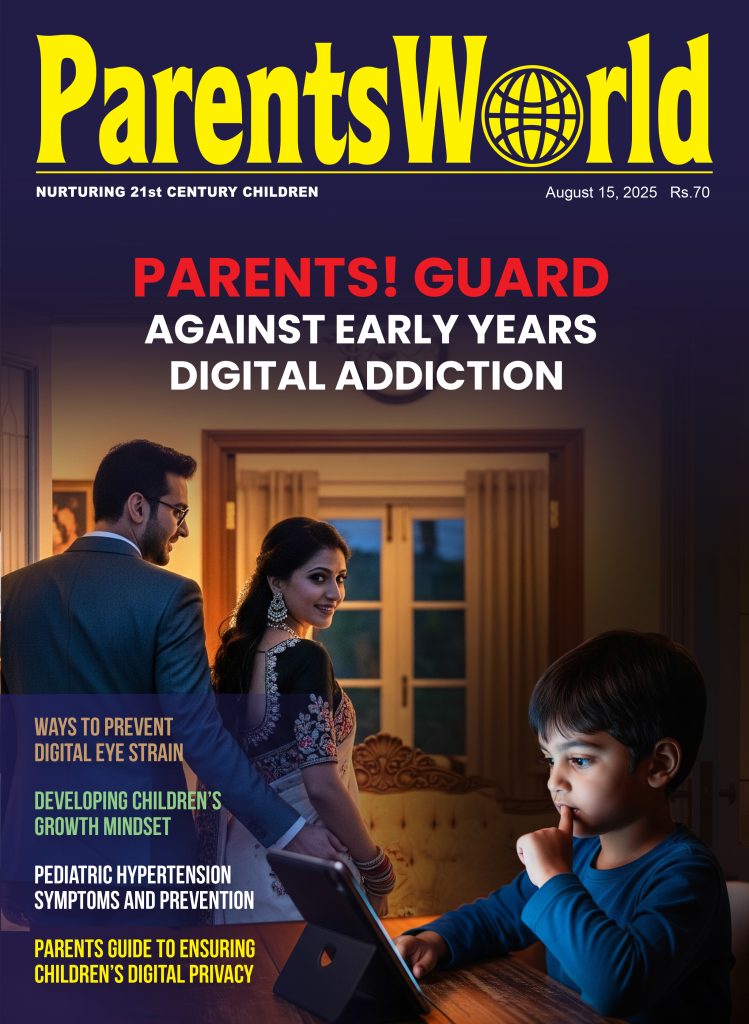The e-learning curve for higher education at the time of corona
Even as the world is attempting to come back on its feet in the global pandemic of Covid-19, many students would be embarking on their new journey of beginning college life. After spending 10 plus years in schools, students aspire to join a college, university with an opinion that higher education shapes one’s career and that is the only way to grow. However, there have been discussions in the past and even today on the need for redefining higher education matching with the current market demands by bringing in the requisite innovations into its curriculum and structure.
The recent pandemic has changed how millions around the globe are educated. New solutions and innovations in the education system are the need of the hour. Looking at the new digital split, the approach may increase the equality gaps. More than 500 million students across the globe had to pause their on-going studies at various levels. These changes have and will create a degree of inconvenience, but at the same time would promote innovations and future transformations within the education system. The need of the hour is certainly to go digital.
The century-old tradition of lectures in outmoded classrooms has pushed the education system to become the least growing industry. Its slow growth rate has made the sector least creative. Though in the last half a decade we have seen huge investments being made in digital schooling, yet we realise that 50 percent of the working population did not possess a degree that would have otherwise helped them grow.
The world of sharing information has changed and in the face of such tremendous change, students need to have different skills. All this making education not limited to just ‘knowing’ rather focusing on the development of soft skills, communication, creative thinking, and flexibility. Thus, there is a need to re-think about higher education. Students not only require having up to date technical and digital skills but also those vital human skills, including active learning and different strategies that enable them to become agile learners in this world of technology.
In addition to this, educators and policymakers need to re-evaluate the value of degrees. A degree in any course does not guarantee employability, and many universities are recognizing this. In response, Short Term Certificate Programs ranging leading to Diploma or Degree courses especially Bachelor of Vocation (B.Voc) courses have emerged as one of the sound programs
Most of the sectors and industries are predicted for a global meltdown due to the effects of the virus. Some say the automobile industry is worst affected, someone from the aviation sector says they lost the most and someone else from the manufacturing sector also has the same feedback. Does this mean one should not choose these courses leading to a career in these sectors? Or does it means, these sectors will need more skilled people to bounce back and so we may pursue our dreams in these sectors? Will this mean the demand in a particular sector end after the pandemic? Would we not require more skilled health professionals? All these questions can be answered if we have a reformed system of training professionals on the job. If an organisation starts investing in their employees’ professional development and building up a well-defined lifelong learning system, we can maintain a competitive workforce in times marked by rapid change.
The future is uncertain; we have seen global recessions and job losses a decade back and a decade previous to that. Every now and then there has been revolution and evolution that have re-shaped the human working styles. So we should focus on creating robust systems. The private sector, government, educators, and policy-makers must work together in order to deliver opportunities for young people looking out for a job, as well as to re-skill and up-skill workers so that they can maintain their place in the workforce. For example, the private sector could focus on leadership development and vocational program design.
As new industries are coming up and traditional ones expanding significantly, the skills needed to keep up are evolving at a faster rate than ever before. Here comes the need for an educator and higher education leader to approach skills competency with a flexible growth mindset and a purpose to serve students well across the world, knowledge-based economy – and throughout their careers.
Apart from this, educators need to focus on more than just “professional” development. They must provide learning that is comprehensive, well-rounded education, covering the so-called 21st-century skills.
Technology-enhanced learning, with customized teaching and learning methodologies, can provide affordable, engaging, and personalized learning to the target audience. E-learning courses, either taken in a standalone format or combined with other types of training programs, can efficiently reduce the knowledge and skills gap if combined with innovative pedagogy (teaching, learning, and assessment).
If made accessible to everyone, e-learning can empower every sector that risks getting left behind during the 4th industrial revolution brought on by the wide adoption of advanced technologies. It is thus, technology-based learning can serve as an equalizer that creates so far unseen possibilities.
If we are willing to reconsider our approach towards higher education, learners will again inherit the world — and these learners might just be a lot more diverse than they were in the past.
Ketul Acharya, Chief Operating Officer, Learnet Skills Limited
The views, thoughts, and opinions expressed in the article belong solely to the author, and not necessarily reflect the views, thoughts, and opinions of EducationWorld.


















Add comment